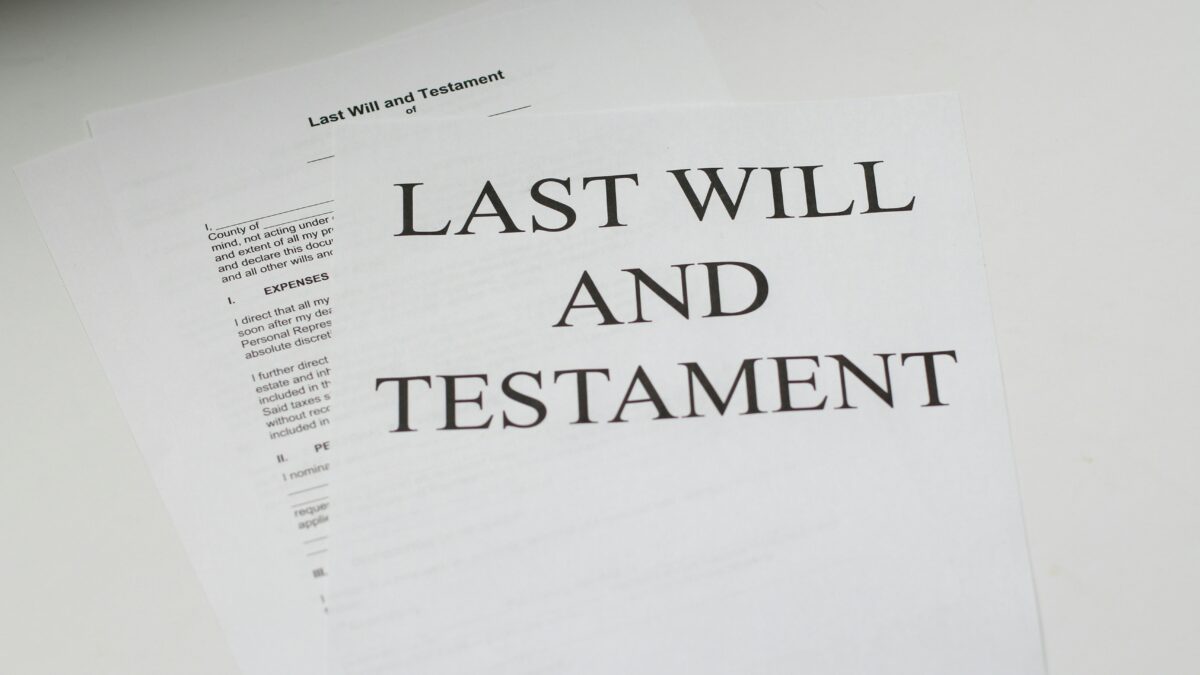The Hidden Risks of Dying Intestate: Why Having a Will Matters for Your Loved Ones

What happens if you die intestate—that is, without leaving a valid will? In the UK, the answer is dictated by law rather than by your personal wishes. For families experiencing bereavement, this lack of clarity can turn a painful time into a prolonged legal and financial ordeal.
What Does “Intestate” Mean?
Dying intestate simply means passing away without a valid will in place. When this occurs, your estate—the money, property, and possessions you leave behind—is shared out using set legal rules called the Intestacy Rules. These rules are inflexible and might not reflect your wishes or the needs of your loved ones.
What Happens If You Die Without a Will?
If you die without a will, your estate will be divided according to the Intestacy Rules of England and Wales. For example, if you are married or in a civil partnership and have children, your spouse or civil partner is entitled to all your personal possessions, the first £322,000 of your estate, and half the remaining estate. Your children receive the other half once they reach 18. Cohabiting partners who aren’t married/civil partnered have no automatic entitlement under these rules.
Who Gets My Money if I Die Without a Will?
- The Intestacy Rules strictly list who can inherit. The order is usually:
- Spouse/civil partner
- Children (biological and legally adopted, but not stepchildren unless adopted)
- Parents
- Siblings
- More distant relatives
If you have no close family, your estate could end up with the Crown (“bona vacantia”).
Who Pays for the Funeral When Someone Dies Intestate?
It is the responsibility of the “administrator” of the estate (the person granted “letters of administration” by the Probate Registry) to arrange and pay for the funeral, using the deceased’s funds wherever possible. If there aren’t enough assets, the cost may fall on the family members arranging the funeral.
What Happens If Someone Dies Intestate with No Family?
If no eligible relatives can be found, the entire estate passes to the Crown. This legal process is called bona vacantia, and means distant friends, carers, or charities you supported won’t benefit.
The Real-World Costs of Dying Intestate
Emotional Strain and Family Conflict
When there’s no will, confusion and disappointment can arise. Family members may be shocked to realise who is—and isn’t—entitled to inherit. Disputes are common, sometimes leading to lengthy litigation. For guidance on inheritance disputes, read more about contentious probate and resolving disputes over wills, estates, and inheritance.
Financial Complications and Delays
Assets can be “frozen” for months until an administrator is appointed and the estate is resolved. Loved ones may struggle with unexpected bills or be unable to access funds they need for living costs or funeral expenses.
The Risks of Relying on Assumptions
Many assume that their partner or children will automatically inherit their estate. Without a valid will, this is not always the case, particularly if you are not married or in a civil partnership. Even seemingly “simple” family situations can become entangled in costly disputes. DIY wills can also be risky; for more on this, explore the risks of a DIY will.
Protecting Your Loved Ones: Why You Should Make a Will
Writing a will is one of the most straightforward and loving ways you can provide for your family. It ensures your assets go to the people you care about, can help reduce conflict, and allows you to leave specific gifts or support charities. As family law specialists, we encourage you to seek professional advice to avoid the risks of intestacy.
Take action today—book a free consultation with our expert team to ensure your wishes are protected and your loved ones are spared unnecessary hardship.


